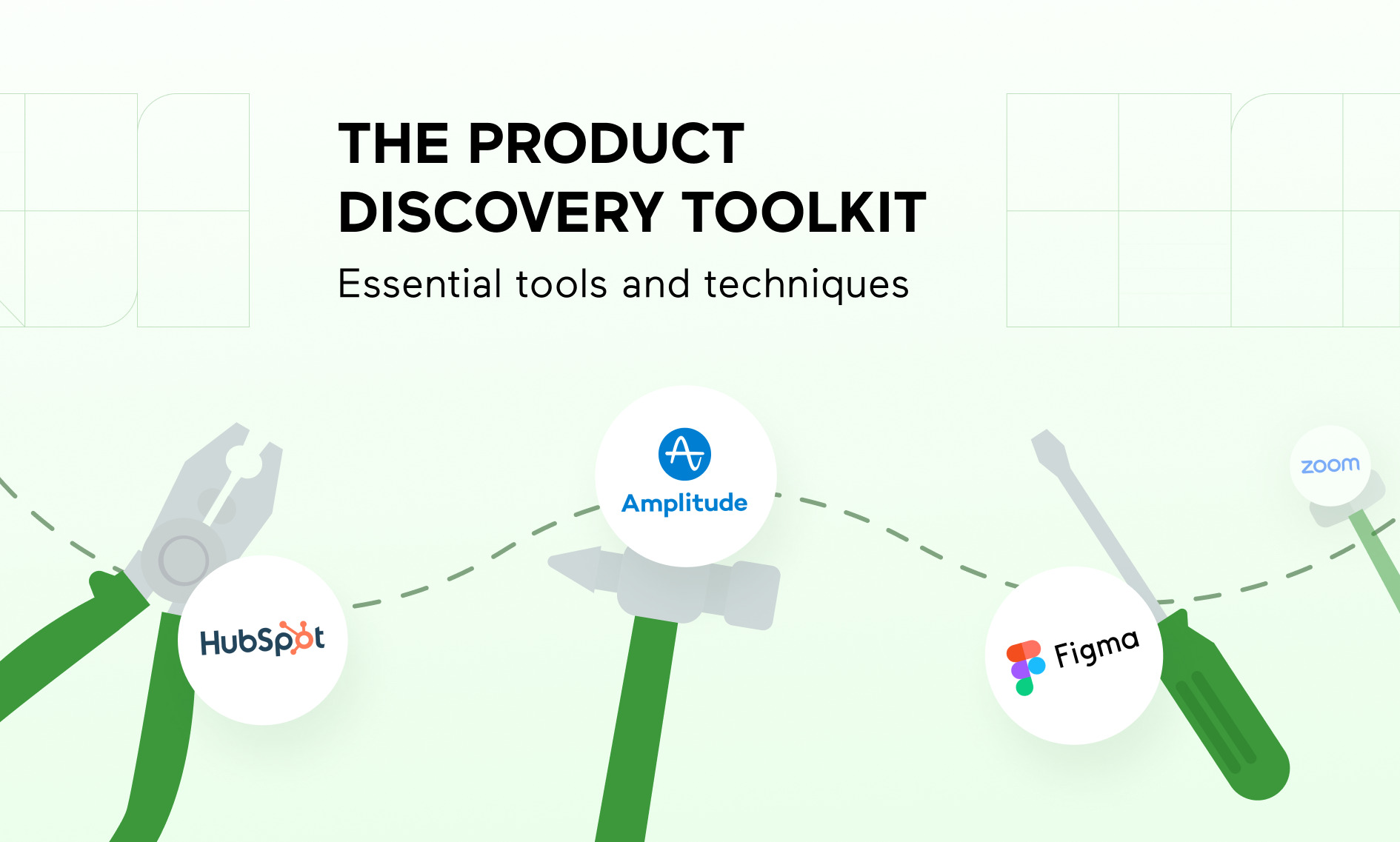What is Golang?
Golang is a modern open-source C-family language created by Google. Explicitly engineered to simplify development for infrastructure and systems programmers, Go mimics the core features of C while maximizing on clear, easy-to-read syntax and practical, scalable codebases. Developers often refer to Go code as lightweight, maintainable, testable, and performant.
Along with a powerful model of concurrency called CSP (communicating sequential processes), Go offers strong typing, garbage collection, fast, efficient compile times, and native binaries. The enforced coding style in Go makes debugging easier and promotes transparency, laying the groundwork for true rapid application development.
Go favors easier, faster performance optimizations across distributed systems with features such as parallel processing, pointers, duck typing, CGo (integration of C with Go), versatile functions, and built-in benchmarking and testing facilities.
Large SaaS companies like Dropbox, Uber, Netflix, and Twitch all use Go, and many more companies find Go to be the fastest and most effective way to build sophisticated and elegant web services without third-party libraries.
History
Google team members Robert Griesemer, Ken Thompson (UNIX and C designer and creator), and Rob Pike (UTF 8 and UNIX format co-creator) started designing Go in 2007 with productivity in mind. At that time, web development projects had evolved larger and larger codebases using multicore, networked machines. Golang creators’ widespread dislike of cumbersome monolith applications and the C++ programming language compelled them to build a simpler, more nimble language that optimized high-performance networking and multiprocessing.
Go’s creators leveraged the useful and efficient characteristics of other popular languages while concentrating their design on the “one problem–one solution” philosophy. They incorporated run-time efficiency and static typing into Go like developers find with C languages, and they focused on strong usability and readability, like Javascript and Python offer.
Go was first announced to the wider public in 2009, and Version 1.0 was released in 2012. The initial reception was fairly warm. Not only was Go completely open-source, but it was engineered specifically for use at Google giving it immediate credibility.
Google released version 1.15 of Go in August of 2020. Each Go release is supported until two additional major releases have occurred.
Competition
As a relatively new language, Golang has experienced rising popularity in a fairly short amount of time since its official release less than ten years ago. It is currently considered one of the top ten programming languages in the U.S. and has seen wider spread around the world, though it still competes with heavyweights like Python, Javascript, Java, C, C++, and C#.
Developers working with applications that process large amounts of data find the most benefit using Go. Without native support for graphical user interfaces, which are the most common component for end-user to screen interaction, Go faces competition from Java, Python, and C/C++. However, there are several web-based and desktop-based Go packages for making Go GUI applications.
Criticism
Earlier versions of Go drew considerable criticism for lack of generic programming support (i.e., lack of parametric polymorphism, which led to unsafe type conversions, flow-disrupting verbosity, and unnecessary code duplication). Critics also faulted Go for its difficulty with error handling, lack of annotations, and weak dependency management.
Go’s principal contributors have since incorporated user feedback and developed and released new language features to address some of the most common complaints from developers.
Explore
Go’s simplicity and straightforward, no-frills code makes it easier for new programmers to pick up the language and for experienced developers coming from a different language to quickly understand another programmer’s code. Plus, Go comes with many built-in features that assist with asynchronous development.
Google and the open-source Go community have amassed an extensive and rich ecosystem of helpful documentation, tutorials, forums, and more to support Go development. Visit the Golang website, check out the Go forum on StackOverflow, and find over 50,000 Golang repositories on Github.



